Depression is a mental disorder whose symptoms usually focus on abnormal mood regulation like persistent sadness, excessive irritability and outbursts of anger, loss of interest, and the ability to experience pleasure (anhedonia).
The main symptom is a depressed mood that lasts most of the time. Depression should be distinguished from sadness, a natural emotion felt in situations of failure or loss. For example, a person who has lost a loved one and is experiencing considerable sadness while still undertaking normal activities can experience pleasure – they do not suffer from depression, but they experience mourning.
Depression is a mental disorder. Its manifestations vary from patient to patient in terms of intensity and symptoms. It is crucial to accurately diagnose and customize treatment plans to meet the specific needs of each individual for the best possible outcome.
A depressive episode is a single period of at least two weeks during which symptoms![]() such as:
such as:
When someone is sick, depression is not the only symptom that can affect their emotional state. If we suspect depression in a loved one, we should also pay attention to other symptoms like:
These signs may indicate anxiety, sadness, and poor facial expressions.
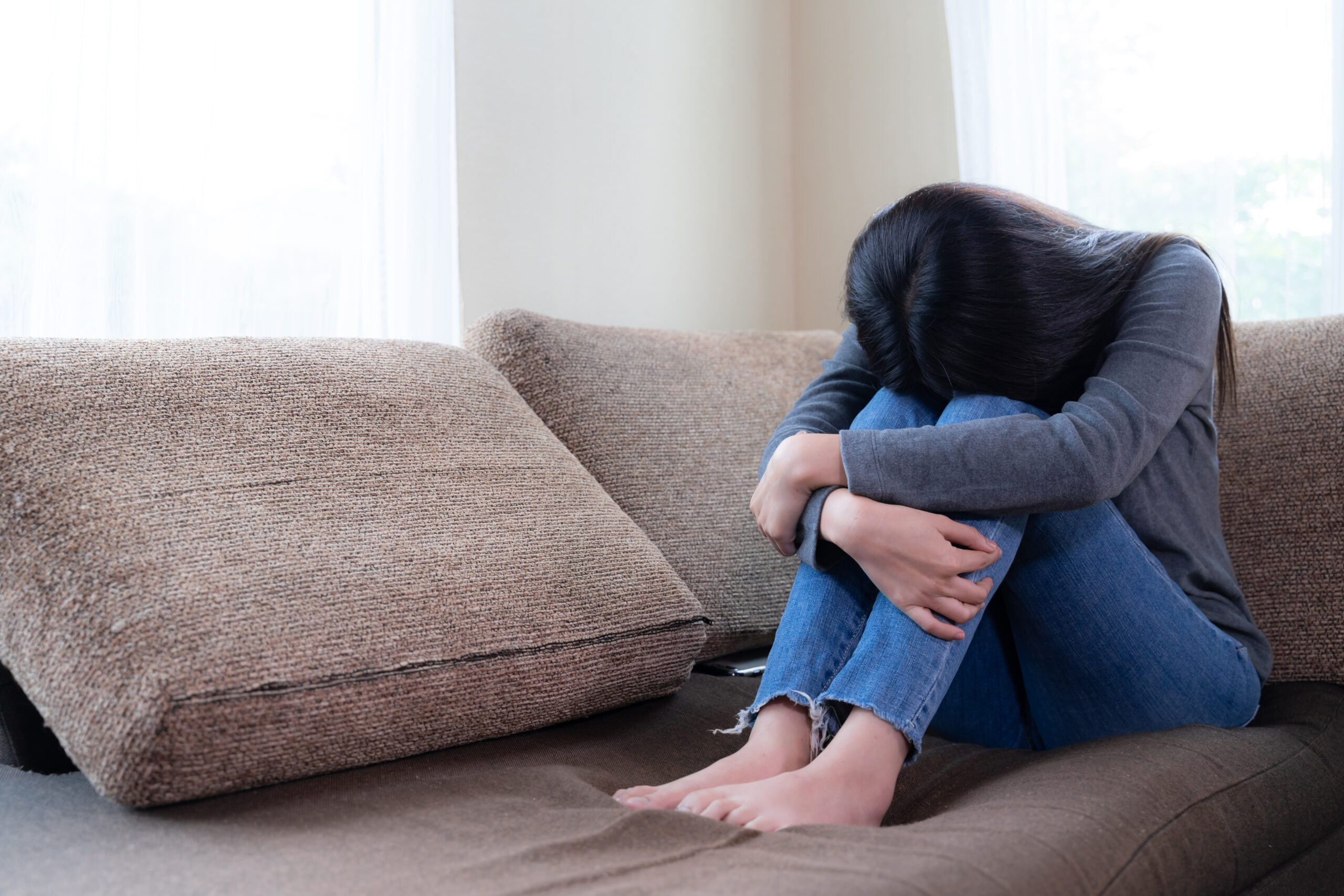
Not all sadness means depression, but if the symptoms persist for more than two weeks, it is a signal to seek help from a specialist who will conduct an interview, make a diagnosis, and suggest appropriate treatment.
Depression symptoms vary among individuals, which can cause misdiagnosis and improper treatment. Some individuals experience “masked depression”![]() , where other symptoms are more prominent. Common signs of masked depression include sleep disturbances, anxiety, and physical symptoms like pain, breathing difficulties, or heart palpitations.
, where other symptoms are more prominent. Common signs of masked depression include sleep disturbances, anxiety, and physical symptoms like pain, breathing difficulties, or heart palpitations.
Depressive episodes can vary in severity![]() . In mild and milder moderate cases, symptoms of depression may make it difficult, but not impossible, to perform duties and fulfill social roles. Sometimes, the functioning of such people seems correct, although they hide their ailments and suffering, and “being in good shape” can be an emotionally costly attitude. Severe depression, on the other hand, can make everyday activities practically impossible.
. In mild and milder moderate cases, symptoms of depression may make it difficult, but not impossible, to perform duties and fulfill social roles. Sometimes, the functioning of such people seems correct, although they hide their ailments and suffering, and “being in good shape” can be an emotionally costly attitude. Severe depression, on the other hand, can make everyday activities practically impossible.
In severe episodes, sufferers may also experience:
Depressive episodes can occur singly, as the only episode in a person's life. However, they are often recurrent or part of the picture of bipolar disorder, where apart from depressive symptoms, there are also manic, hypomanic, or mixed episodes.
Individuals who have endured two or more episodes of depression are diagnosed with recurrent depressive disorder![]() , also known as unipolar depression or unipolar affective disorder. Over 50% of those who have already experienced a depressive episode will suffer a relapse, typically experiencing 3-5 episodes throughout their lifetime. Each relapse increases the risk of another recurrence and worsens the prognosis, reducing the chances of a complete recovery and increasing the likelihood of a chronic disorder course.
, also known as unipolar depression or unipolar affective disorder. Over 50% of those who have already experienced a depressive episode will suffer a relapse, typically experiencing 3-5 episodes throughout their lifetime. Each relapse increases the risk of another recurrence and worsens the prognosis, reducing the chances of a complete recovery and increasing the likelihood of a chronic disorder course.
The causes of depression![]() are complex and not fully understood. The following factors are believed to be necessary.
are complex and not fully understood. The following factors are believed to be necessary.
Biological factors are:
Certain psychological factors may increase one's risk of developing depression. For instance, individuals with certain personality disorders may be more prone to depression, while those with high levels of anxiety as a personality trait may also be at higher risk. Additionally, people with better resources and coping mechanisms for dealing with stress are less likely to become ill. Finally, it has been observed that up to half of all first episodes of depression are preceded by adverse life events.
The most common social factors are lack of support, loneliness, and low social status.
When diagnosing depression, a psychiatrist will conduct a thorough history-taking and mental state examination![]() of the patient. It's significant to gather information about coexisting mental disorders and illnesses that could increase the risk of depression or make treatment more difficult.
of the patient. It's significant to gather information about coexisting mental disorders and illnesses that could increase the risk of depression or make treatment more difficult.
Additionally, it's crucial to gather information about any drugs, dietary supplements, or stimulants the patient is using, as certain medications may intensify depressive symptoms while stimulants could lead to addiction as a complication of depression. For instance, alcohol abuse may temporarily “improve the mood,” but it worsens the patient's condition because it is a depressant substance.
Helpful in diagnosis and monitoring Treatment progress can also be measured by symptom questionnaires![]() (Beck's Depression Inventory, Hamilton's Depression Rating Scale, SHAPS – Snaith-Hamilton Pleasure Scale).
(Beck's Depression Inventory, Hamilton's Depression Rating Scale, SHAPS – Snaith-Hamilton Pleasure Scale).
One of the elements of the diagnosis should also be screening for bipolar affective disorders (looking for symptoms of bipolar depression – like hypomanic symptoms).
Although it is not necessary to make a diagnosis, it may also be significant to plan laboratory tests that may indicate additional risk factors for depression – low levels of vitamin D, copper, zinc, folic acid, testosterone, or previously undiagnosed thyroid disease.
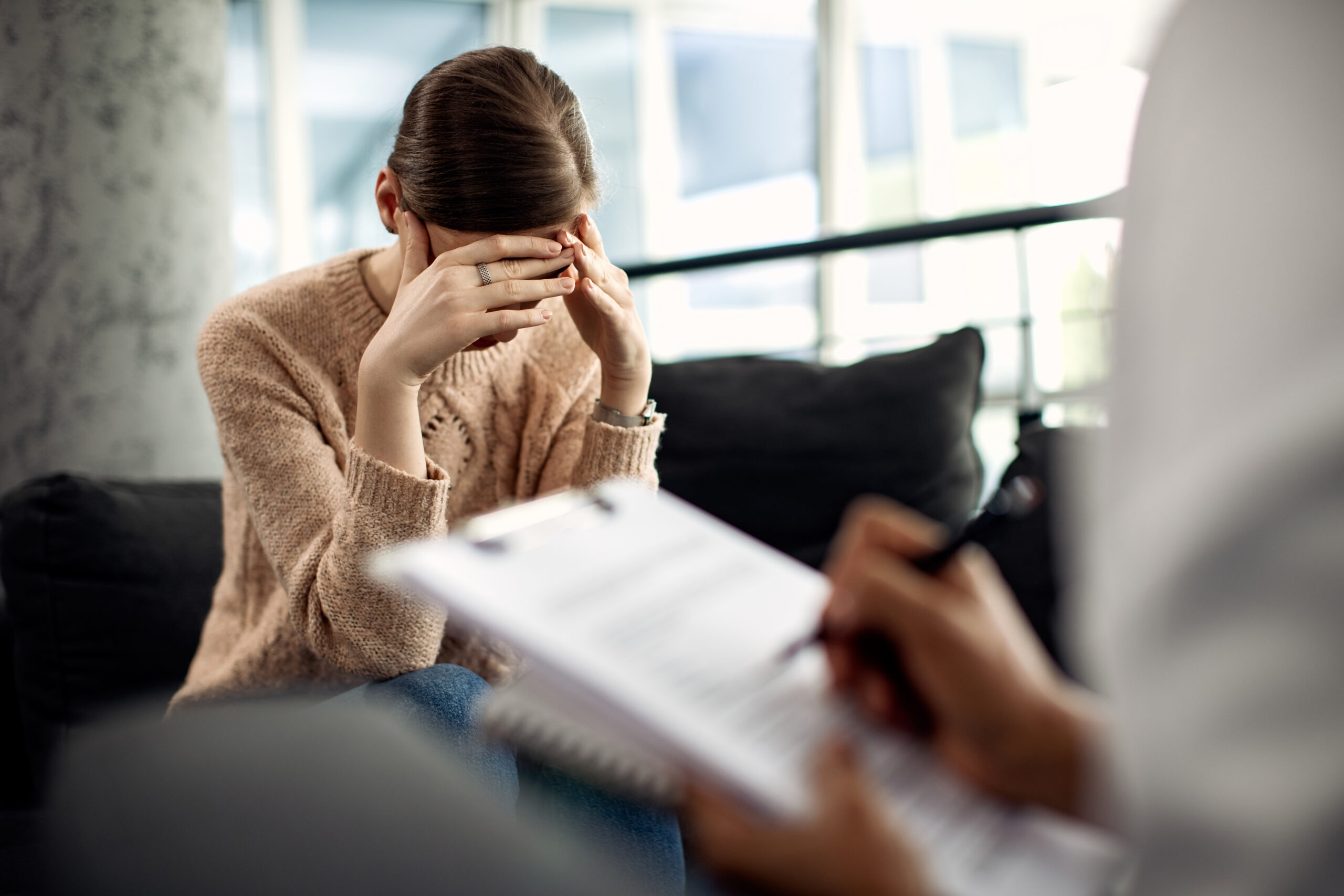
Depression often co-occurs with other mental disorders and diseases![]() like:
like:
Other medical conditions that increase the risk of depression:
Depression treatment usually happens in an outpatient facility, like a psychiatric or psychological clinic. However, if a patient has severe suicidal thoughts, tendencies, or psychotic episodes that put their life at risk, hospitalization is necessary. It's crucial to work with the patient in developing a treatment plan and involve them in the process. To achieve this, psychoeducation is conducted to help the patient better understand their illness and treatment and to improve their cooperation during therapy.
Treatment of depression with currently available methods is usually effective – most patients experience remission of symptoms (like complete disappearance of symptoms of depression)
The main methods of treating depression are combinations of psychotherapy and pharmacotherapy. Check out why it is significant to combine those two methods.
The most effective form of psychotherapy for treating depression is cognitive-behavioral psychotherapy. However, other approaches, such as psychodynamic and interpersonal therapy, are also likely to be effective. Psychotherapy is just as effective as pharmacotherapy for mild to moderate episodes of depression. It can be used as the primary treatment for mild episodes.
Pharmacotherapy is currently the primary method of treating depression. Psychiatrists currently have a wide range of drugs for depression, which differ in their mechanisms of action (i.e., they have a specific effect on specific symptoms of depression) and side effects (for example, a soothing effect – it can be helpful to in agitated and anxious patients, and an activating effect – in sluggish patients, without energy).
Therefore, it is significant to discuss with the patient his expectations and concerns regarding pharmacotherapy so optimal drugs can be selected in the most individualized way. Modern antidepressants![]() are effective and safe, but you should remember a few rules related to their use:
are effective and safe, but you should remember a few rules related to their use:
It's important to inform doctors from other specialties about taking antidepressants and to inform a psychiatrist about any drugs or dietary supplements being taken to avoid potential interactions.
During the pharmacotherapy of depression, observing possible drug-induced side effects is significant. As mentioned above, most of these symptoms go away independently, but some persist and can be troublesome. The psychiatrist discusses this with the patient during follow-up visits to modify the treatment if necessary. For example, changing a depression medication with a different mechanism of action is more beneficial for the patient.

It is important to note that antidepressants are not addictive. After they are discontinued too quickly, the so-called withdrawal symptoms but usually last several days and result from a sudden “lack” of drug molecules in the area of the relevant receptors.
If depression symptoms reappear after pharmacotherapy treatment, the illness hasn't been cured, and continuing with pharmacotherapy is necessary.
Although it may evoke negative associations, electroconvulsive therapy![]() is highly effective and safe for treating depression. Modern treatments involve a series of 10-12 sessions performed under general anesthesia. This treatment is recommended for conditions that require rapid improvement, such as depression with suicidal tendencies, increased psychotic symptoms, stupor, severe depression during pregnancy, and drug-resistant depression.
is highly effective and safe for treating depression. Modern treatments involve a series of 10-12 sessions performed under general anesthesia. This treatment is recommended for conditions that require rapid improvement, such as depression with suicidal tendencies, increased psychotic symptoms, stupor, severe depression during pregnancy, and drug-resistant depression.
Transcranial magnetic stimulation![]() is an alternative method to electroconvulsive therapy, which does not require anesthesia but, unfortunately does not have such high efficiency and speed of action.
is an alternative method to electroconvulsive therapy, which does not require anesthesia but, unfortunately does not have such high efficiency and speed of action.
In addition to traditional treatments, vagus nerve stimulation, deep brain stimulation, and neurosurgical techniques that target specific brain areas are sometimes used to treat depression. However, there is limited documentation on their effectiveness, and they are typically reserved for patients who have not responded to other treatments.
It's important to understand that depression is a severe illness that cannot be quickly overcome. Avoid minimizing the patient's feelings and struggles and try to empathize with them. Lack of support and understanding from loved ones can worsen the situation and lead to isolation.
Avoid saying:
Instead use messages like:
Although depression is an increasingly common disease, we have effective treatments, and the prognosis looks weel. The most important thing from the point of view of a person experiencing depressive symptoms and their relatives is not to underestimate these symptoms and seek help as soon as possible.
Treatment is usually safe. It may include pharmacotherapy or psychotherapy, and often, team care is indicated – provided by a psychiatrist and a psychotherapist. The latest generation drugs are not burdened with severe side effects, significantly facilitate everyday functioning, and help to derive measurable benefits from therapy.
Team treatment is currently the most effective method of helping patients and, depending on the severity of the disease, brings a relatively quick improvement in well-being.
Table of Contents
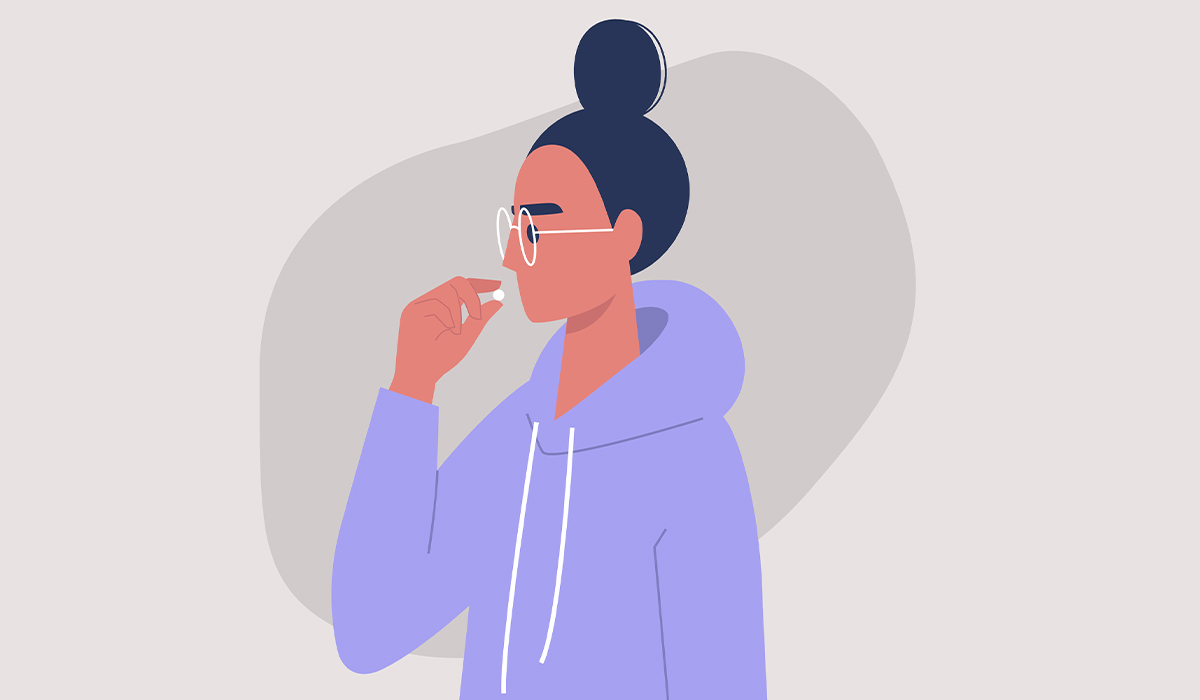
Antidepressants are drugs that act on the nervous system. They balance the levels of brain neurotransmitters that are responsible for… read more »
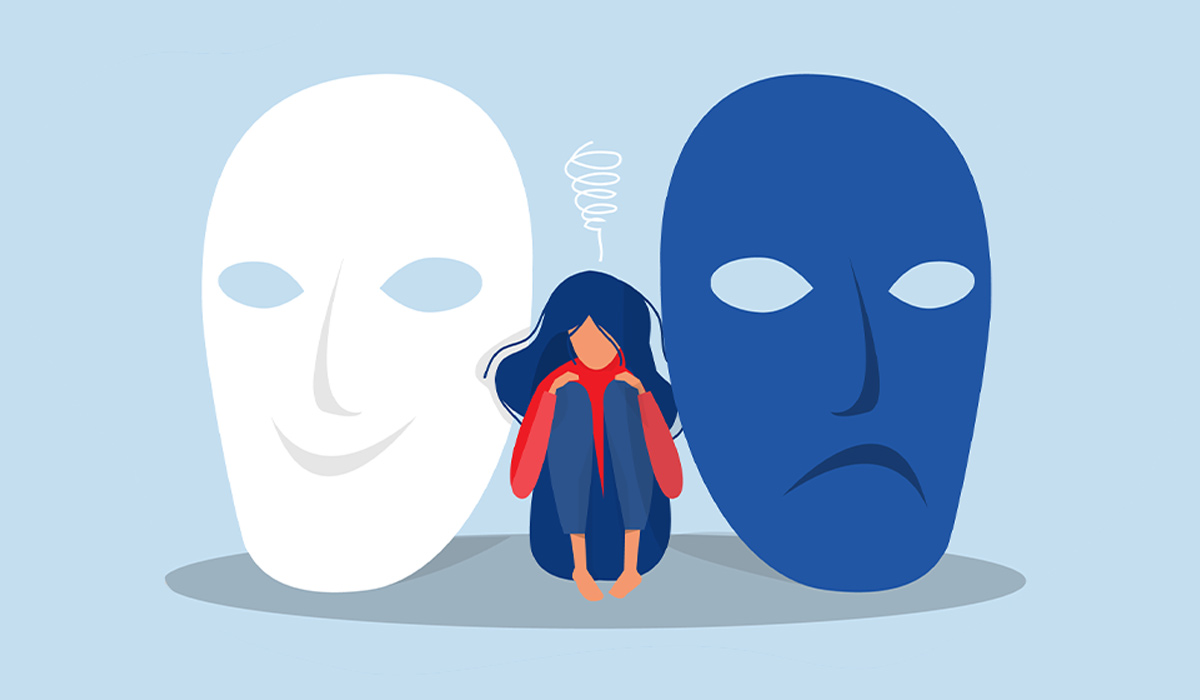
Bipolar disorder is a mental disorder characterized by the alternation of extremely different mental states – depression and mania. What… read more »
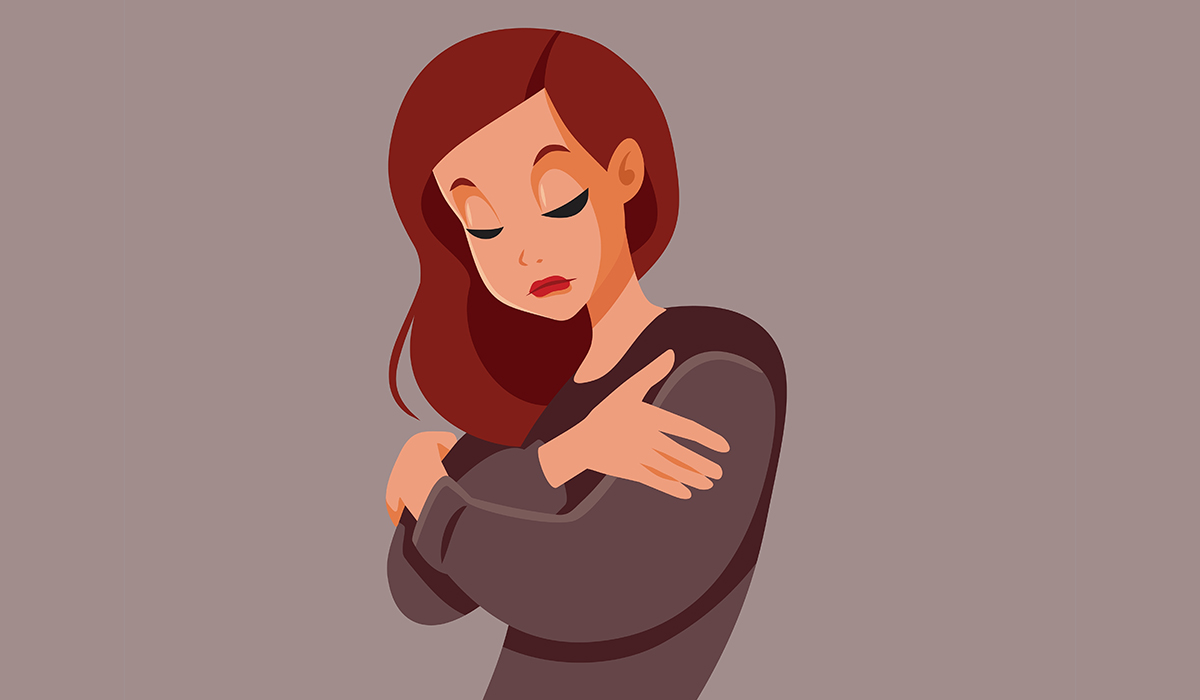
Dysmorphia is a mental disorder associated with a negative body image. It is a common problem these days. Learn how… read more »
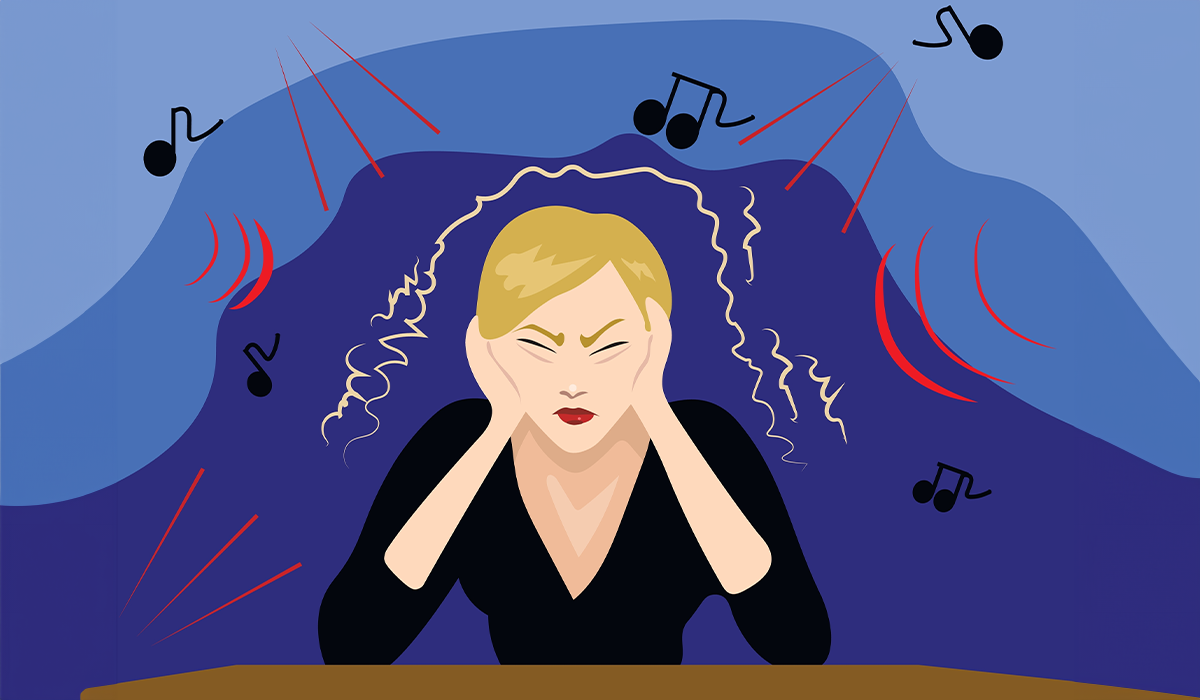
Misophonia is an inappropriately strong reaction to specific sounds. It occurs in many disorders. Learn about the meaning of misophonia… read more »
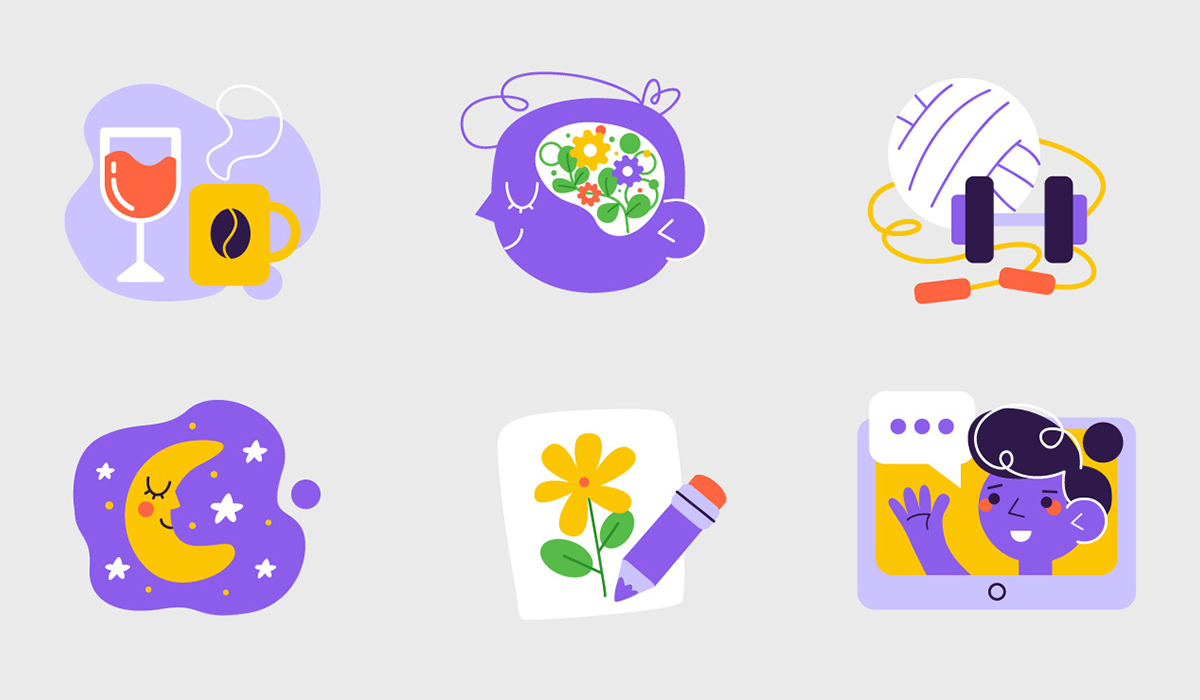
Anxiety is an an emotional state characterized by a sense of insecurity and undefined discomfort. Check out, what are its… read more »
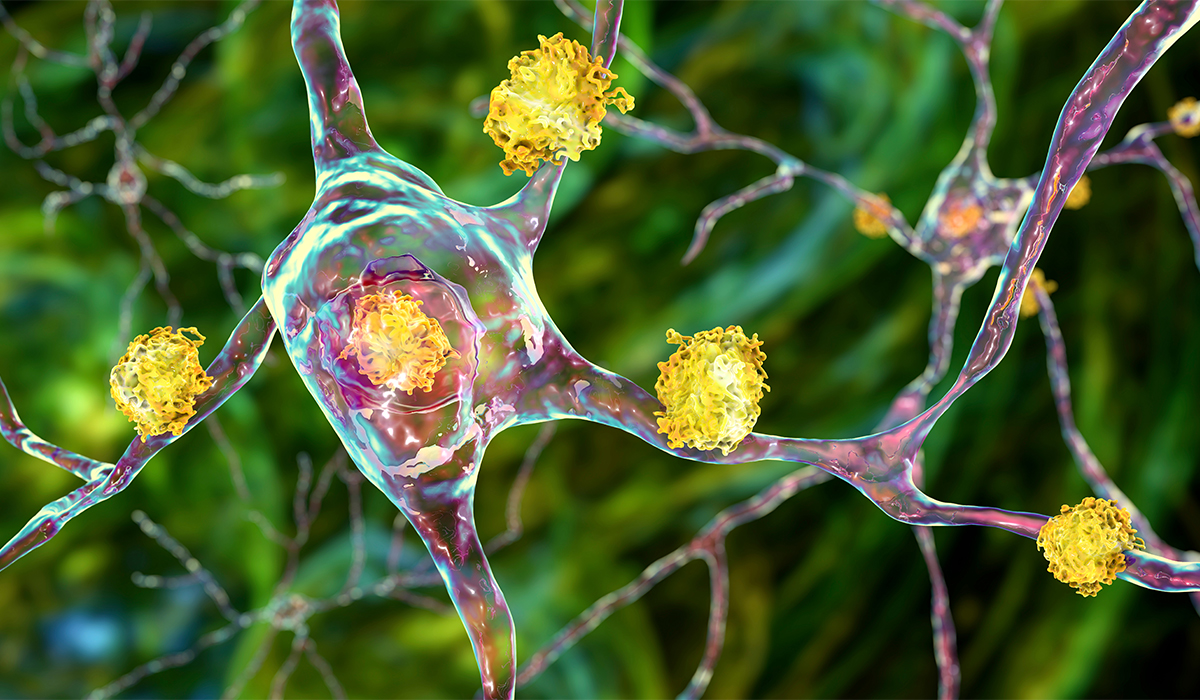
Huntington's disease is genetically determined. No effective cure has yet been developed, but research into modern treatments is ongoing. Learn… read more »
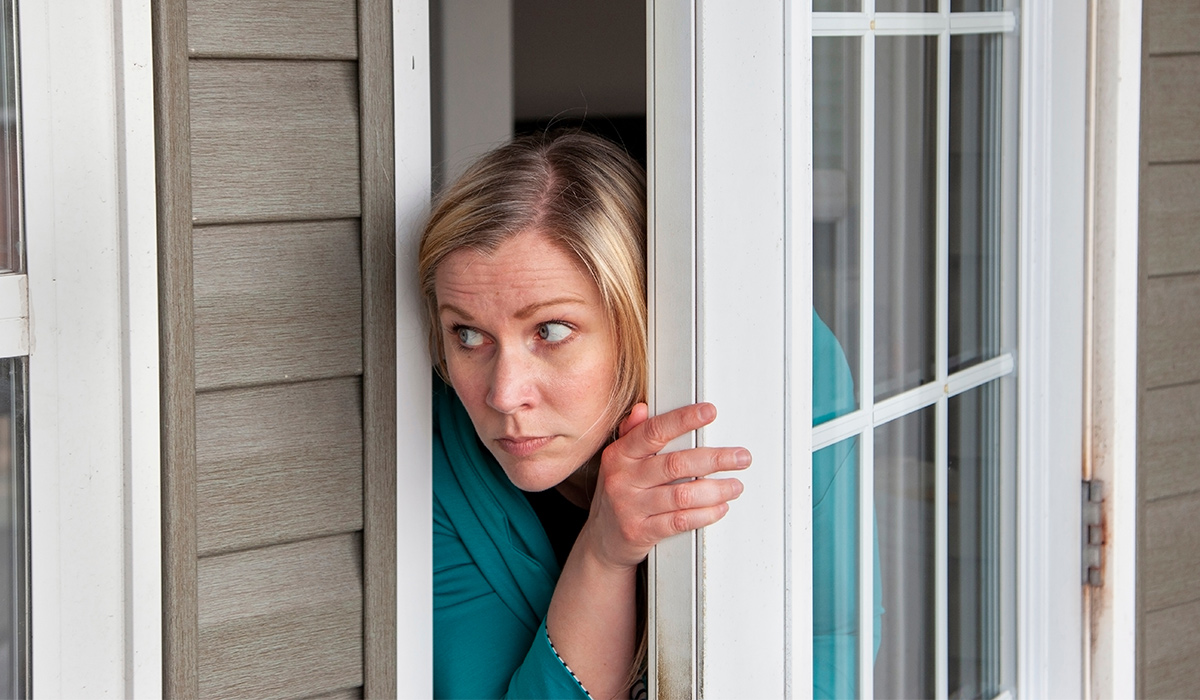
Agoraphobia is a type of phobia, that is, it belongs to the group of anxiety disorders. It's a very strong… read more »

Borderline Personality Disorder is a severe psychological case that requires appropriate treatment. Learn what type of therapy is available for… read more »
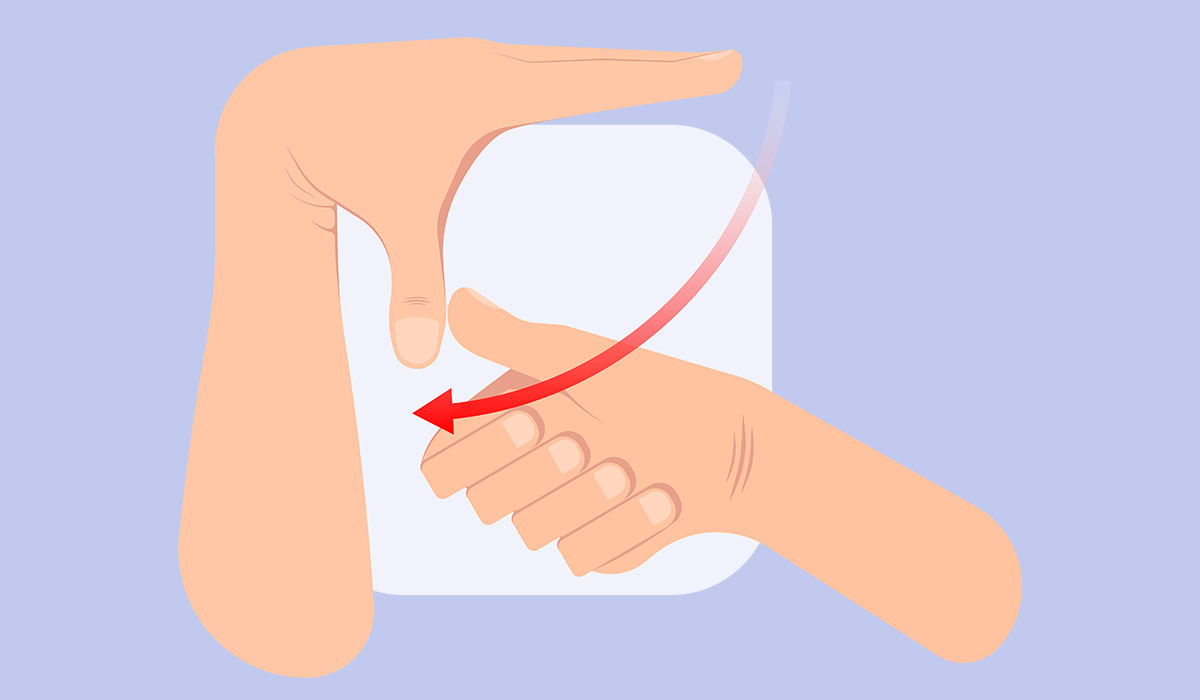
Ehlers-Danlos Syndrome is a group of diseases with a genetic basis. Learn all the symptoms associated with EDS. Find out… read more »